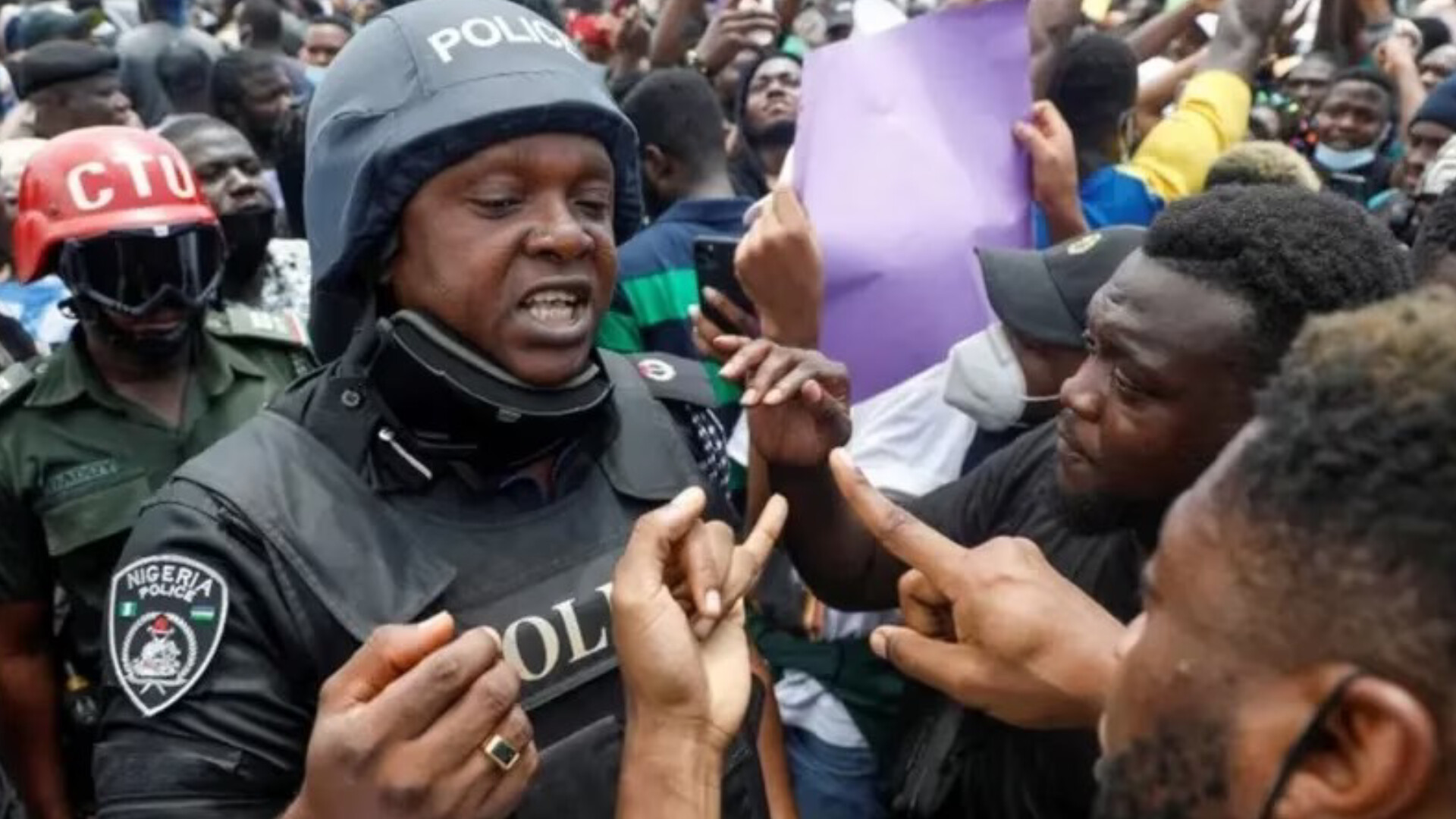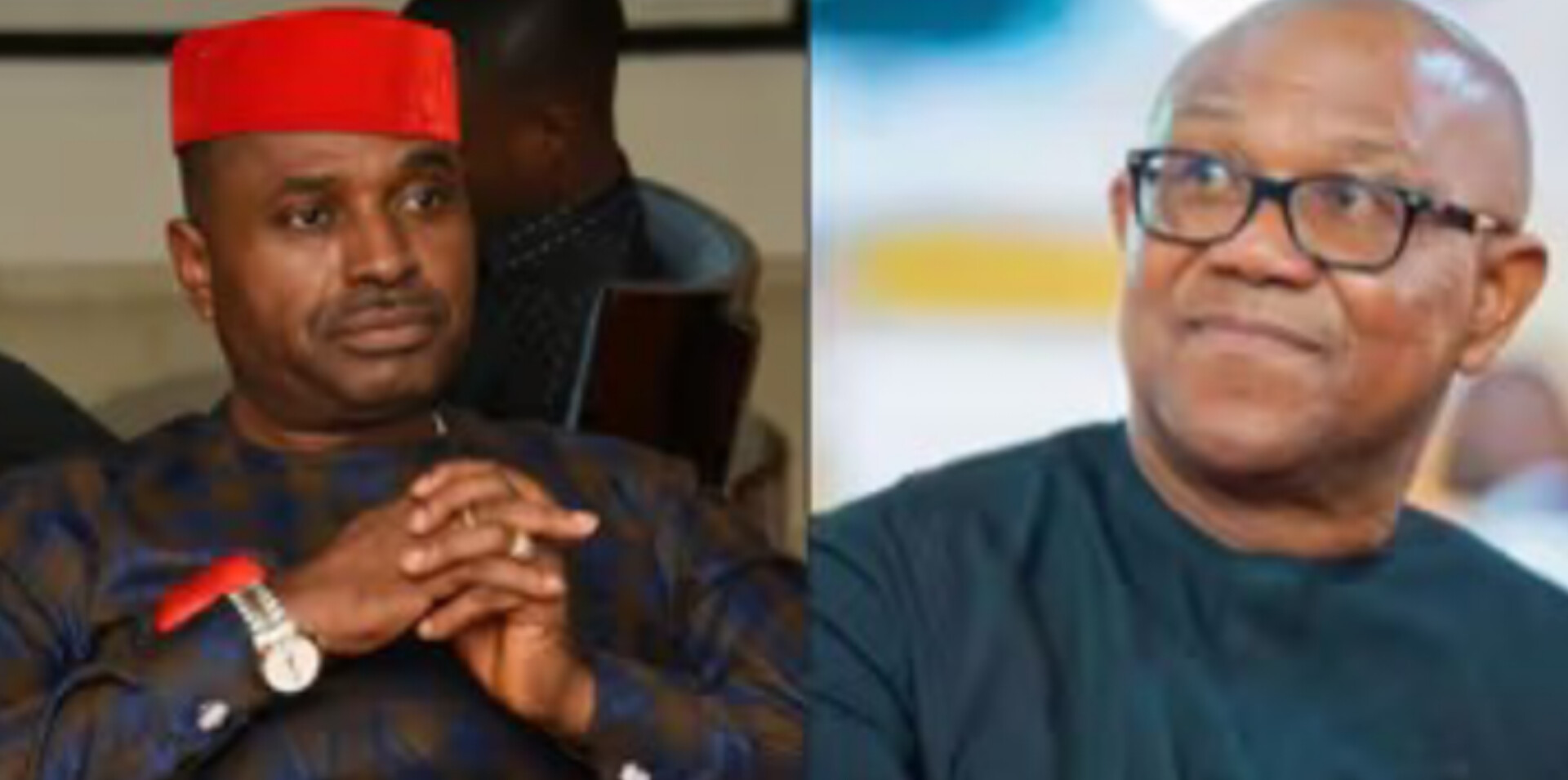Unveiling the Growing Resentment Towards President Tinubu: An In-Depth Analysis
By Samuel Ateh Stephen
stevesam644@gmail.com
Introduction
President Tinubu of Nigeria has recently faced significant public backlash and protests characterized by intense resentment and dissatisfaction. This article delves into the reasons behind this widespread discontent, focusing on the underlying issues that have led to a polarized public sentiment.
The Core of the Issue: Mismanagement and Insensitivity
President Tinubu’s presidency has been marked by several controversial decisions and actions that have directly impacted the lives of ordinary Nigerians. The primary source of public resentment stems from the perceived worsening of their living conditions under his leadership, rather than political or electoral outcomes.
Economic Policies and Living Standards
1. Petrol Subsidy Removal and Its Impact
Immediate Economic Consequences: Rising Fuel Prices: The removal of petrol subsidies has led to a significant increase in fuel prices, affecting transportation costs and raising the prices of essential goods and services. This has made it increasingly difficult for Nigerians to maintain their standard of living.
Impact on the Poor and Middle Classes: The poor and middle classes, who spend a larger portion of their income on basic necessities, have been disproportionately affected. Many are struggling to afford even the most essential items, leading to a decline in their quality of life.
Long-term Economic Implications:
Fund Allocation: The government’s intention to free up funds for other areas of the economy through subsidy removal has not been transparent or effectively communicated, leading to a loss of trust in the government’s economic policies.
Economic Stability: The sharp increase in fuel prices has contributed to economic instability, with higher inflation rates eroding the value of salaries and savings, creating a sense of economic uncertainty.
2. Inflation and Cost of Living
Erosion of Purchasing Power:
Minimum Wage Increase by Tinubu: In 2024, President Tinubu increased the national minimum wage for federal workers in Nigeria to 70,000 Nigerian naira (NGN), which equaled about 44 U.S. dollars based on the current exchange rate. However, this increase did not match the rate of inflation, leading to a decline in real purchasing power.
Comparison to Previous Wage: Prior to Tinubu’s presidency, in 2023, the minimum wage was N30,000, which equaled 65 U.S. dollars at the exchange rate of 460.702 (USD/NGN) in May 2023. Despite the nominal increase in the minimum wage, the real value had diminished due to inflation and a weakening currency.
Impact on Living Standards: The increased minimum wage has not kept pace with inflation, leaving many households financially strained. The cost of basic goods and services has risen sharply, making it increasingly difficult for average Nigerians to afford even the most essential items. This has led to a decline in the overall quality of life for many Nigerians.
Poverty and Inequality:
The combination of high inflation and stagnant wages has exacerbated poverty and income inequality. Many Nigerians are finding it increasingly challenging to cover their basic needs, leading to a sense of desperation and frustration. The gap between the rich and the poor has widened, contributing to social unrest and dissatisfaction with the government.
Healthcare and Education:
The rising cost of living has also affected access to essential services like healthcare and education. Many families are now forced to make difficult choices between meeting their basic needs and investing in their health and education. This has led to a decline in the overall quality of life for many Nigerians.
Social Safety Nets:
The lack of effective social safety nets has further compounded the problem. Vulnerable populations, including the elderly, the unemployed, and those living in poverty, are particularly affected. The government’s failure to provide adequate support has left these groups in a precarious situation, deepening the sense of economic insecurity.
Government Expenditure and Priorities (Luxurious Spending)
Presidential Jet: The purchase of a $150 million presidential jet has been widely criticized as an extravagant and insensitive move, especially given the economic hardships faced by the public.
First Lady’s Office: The allocation of billions of naira for the office of the First Lady has also fueled public anger, as these funds could have been better utilized to improve public services and infrastructure.
Pilgrimage Funding: The budget of 90 billion naira for pilgrimage, described as a “fruitless pilgrimage,” has been criticized as wasteful, especially considering the pressing needs of the Nigerian population.
Lack of Empathy and Communication
Inconsiderate Actions:
The president’s decisions, such as using 21 billion naira to renovate the residence of his vice president, have been seen as inconsiderate and wasteful, further alienating the public.
Poor Communication:
President Tinubu’s failure to directly address the public and explain his policies has deepened the sense of mistrust and frustration. The use of intermediaries to communicate with the public has been perceived as a lack of genuine concern and engagement.
Public Protests and the Call for Change
The public protests against President Tinubu are not merely symbolic; they represent a collective demand for better governance and a more compassionate leadership. Nigerians are voicing their discontent through demonstrations, highlighting their struggles and calling for immediate action to improve their living conditions.
The Way Forward: Rebuilding Trust and Addressing Core Issues
To regain public trust and stabilize his presidency, President Tinubu must take concrete steps to address the root causes of the public’s discontent. This includes:
Revisiting Economic Policies: Re-evaluating the removal of petrol subsidies and finding more equitable ways to manage the economy, ensuring that the benefits trickle down to the masses.
Prioritizing Public Welfare: Redirecting government spending towards critical sectors such as healthcare, education, and infrastructure, which directly impact the quality of life for Nigerians.
Enhancing Communication and Transparency: Engaging more openly with the public, explaining policy decisions, and listening to their concerns. Transparency in governance can help rebuild trust and foster a more collaborative relationship between the government and its citizens.
Conclusion
The level of resentment towards President Tinubu is a reflection of the deep-seated economic and social challenges facing Nigeria. It underscores the urgent need for a leadership that is responsive, empathetic, and committed to the welfare of its people. By addressing these core issues and working towards a more inclusive and equitable society, President Tinubu can begin to mend the fractured relationship with the Nigerian public and steer the nation towards a brighter future.










